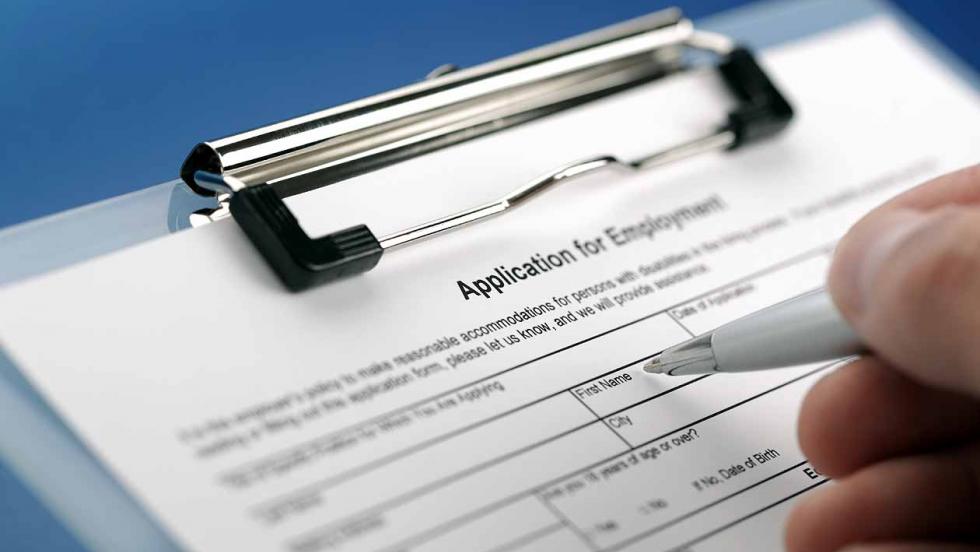Your rights when working

Everyone has rights at work. These include things like
- Having a contract of employment
- Having set hours and time off
- Having rates of pay
Extra rights support younger workers.
Find out more: Check out the government website to find out more about employment rights for younger people.
Rights for younger workers
There are extra rules to protect younger workers. There also some jobs (for example driving jobs) where you will need to be older.
If you are 16-17 you have extra rights to help you stay in learning, and stay safer at work.
Crucial: If you are over 18, adult employment rights apply.
Apprenticeships
If you are an apprentice, you are entitled to:
- A written contract of employment
- A safe working environment
- Time off to study or for training
Good to know: You can visit the Become an Apprentice website to find out all you need to know about becoming an apprentice.
Pregnancy
Extra rights support people who are pregnant or who have children to access and stay in employment.
Your employer should tell you about these, but you can also find out about pregnant employees' rights on the government website.
Take Action: Find out more about health, childcare, and relationships in the Young Parents section.
National Insurance (NI)
Just before you turn 16, you will receive your National Insurance number.
When you work you will pay National Insurance contributions which builds up your entitlement to state benefits, including the State Pension.
Take action: Find out more about National Insurance from GOV.UK.
Tax
Tax is usually taken out of your wages automatically once you earn above a certain amount.
If your earnings change during the year, you can claim tax back at the end of the tax year.
Find out more: Check out the GOV.UK site for more information on tax rates.
Pensions
A pension provides an income after you retire. Most workplaces offer pension schemes where the employer, the employee and the government all contribute money.
Take action: Find out more about pensions from the Money Helper.


